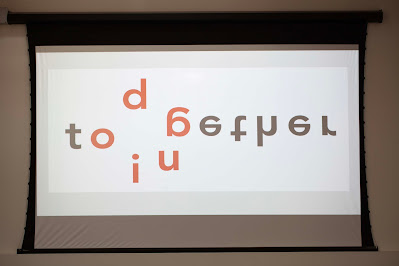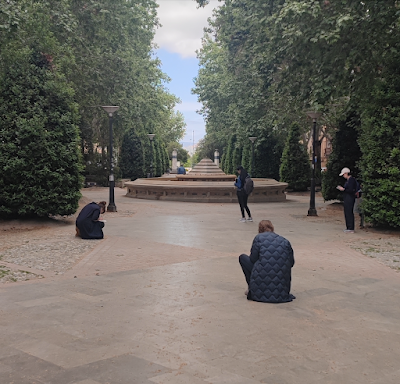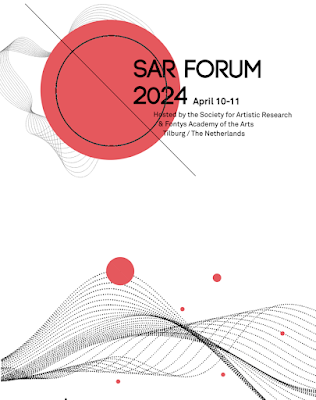Katrina Brown and I will be presenting a performative paper/reading (from our collaboration Dorsal Practices) in the forthcoming symposium, Creatical Idiolects, hosted by Lancaster University and the MDW Artistic Research Center. Exploring synergistic forms of Creative-Critical Writing, this event establishes a bridge between emerging creative-critical literary exploration and the field of artistic research. The Creatical Idiolects symposium sets out to explore: Aesthetic Intuition | Affective Embodiment | Auto-Referentiality | Autotheory | Challenging English as Lingua Franca in Creative Writing | Code-Switching | Creative Catalysis of Pre-Existing Expertise | Creative Exegesis | différance | Discursive ‘Intersections’: Literary Paths (Un)Trodden and Intersectional Questions | Embodied Cognition | Hybrid “Third Space” | intercorporéité | Interdisciplinary Cross-Pollination | Interlingual Serendipity | Intertextual Subversion | Linguistic Ignorance, Gaps and Misunderstandings (as Creative Cues) | Materiality of Language (Including Non-Native Authorship) | Metaphors of Self-Reflection | Metatextual Alliances | Multilingual Reframings of Normative Writing Practices | New Materialism | Non-Linear Forms of Identity Exploration | Personal ‘Intersections’: Unmapped W(a/o)nderings and Idiolects of Intersectionality | Physical Exhaustion and Sensitivity | Plurilingual Play | Poetological Reflection | Processual Turn | Psychogeography | Serendipity | Situationist dérive | Tacit Knowledge | Theoretical Knowledge Production | Transtextual Stagings | Versachlichungstendenz – Factualization and Scientific Objectivization in Literature | Writing and/as Walking | Writing as an Act of Active Reading.
About our presentation: Dorsal Practices is collaboration between choreographer Katrina Brown and writer-artist Emma Cocker for exploring how a back-oriented awareness and attitude might shape and inform our embodied, affective and relational experience of being-in-the-world. Combining a choreographic sensitivity with language-based artistic research, Dorsal Practices explores how experiences of listening, languaging, even thinking, might be shaped differently through this tilt of awareness and attention towards the back. Since 2021, Dorsal Practices has unfolded through: (1) Somatic movement practices exploring a dorsal orientation (through lying, rotating, transitioning, moving-shaping, walking, turning); (2) Conversation practices (online undertaken back-to-back) for sharing the live(d) experience of dorsal practising, allowing for deep listening and an emergent ‘dorsal voicing’; (3) Improvisatory reading practices for re-activating the conversation transcripts — reading as a poetic, experimental approach to textual genesis — where an intersubjective and reflexive (capable of bending, turning back) mode of linguistic sense-making emerges through the interplay of spoken word. Dorsal Practices proposes an oblique creatical position, acknowledging a wider critical milieu indirectly, to the sides (e.g. on dorsality [David Wills, 2008], on (dis)orientation [Sara Ahmed, 2006]; on listening [Lispeth Lipari, 2014], on inclination [Adriana Cavarero, 2016]). For the symposium, Brown and Cocker propose an improvisatory performative reading, intermingling the idiolect of their conversational transcript with fragments of critical discourse, alongside playful moments of ‘etymological dérive’ for diving into, dwelling with and turning over specific key words (e.g. incline, oblique, release, reverse).The reading activates a distinctive material-linguistic form emerging through unexpected conjunctions, (re)combinations, circling and looping of language, in the very moment of voicing creating a contingent unfolding of dorsal sense-making.






















